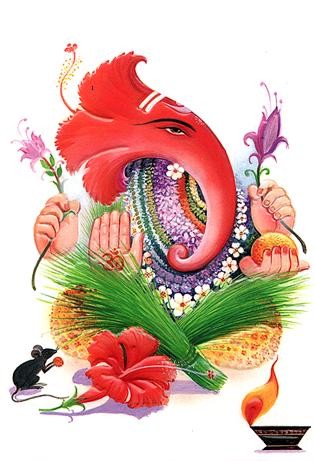Telugu State and Gandhi
In 1921 Gandhi had earlier faced the proposition of regional assertions of cultural categories (the same assertions that would emerge after independence) but had scoffed at the idea that they held any legitimacy. In a speech of that year given at Kakinada, Gandhi chastised Telugu speakers: "Telugus have cut themselves off from India by not learning Hindustani. I feel humiliated to have to speak in English before a vast audience like this which understands not a word of English and I wish you would consider it shameful that not a single one of you can translate my simple, broken Hindustani." The eventual response, of course, after "Telugus" had, for a time, rallied around the nationalist cause, was Poti Sri Ramulu's fast to death for and the tidal wave of support received for the cause of Telugu statehood in the early 1950s. No amount of "shaming" Telugu speakers into a nationalist mold was going to work. Local collectivities had tremendous power in potentia, to use Marshall Sahlins's phrase, despite the struggles of a postindependence Nehruvian nation-state bent on asserting its unity, just as those local units had actually produced a negotiated system in the face of the colonial edifice earlier.
http://www.gutenberg-e.org/kam01/kam06.html
http://www.gutenberg-e.org/kam01/kam06.html



1 Comments:
birkin bag
lebron shoes
golden goose
off white
cheap jordans
off white
adidas stan smith
nike air max 90
yeezy
yeezy 700
Post a Comment
<< Home